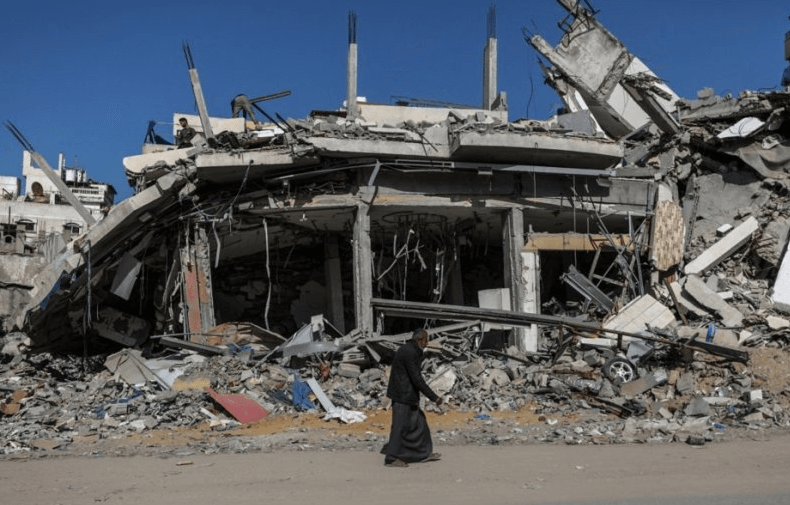Early Tuesday, the Israel Defense Forces launched an intense barrage of airstrikes across the Gaza Strip, a dramatic escalation and the first broad military operation since a cease-fire had taken hold.
The renewed onslaught is a response to increased tensions as hostage negotiations have stalled and ceasefire violations have persisted, Israeli officials stated.
“Tonight, we restarted combat operations in Gaza due to Hamas’ rejection of releasing the hostages and their ongoing threats to Israeli soldiers and communities,” Israeli Prime Minister Benjamin Netanyahu and Defense Minister Israel Katz stated in a joint statement. “If Hamas doesn’t release all the hostages, the gates of hell will open in Gaza.”
The IDF confirmed the operation, stating that its forces—along with the Israeli Security Agency—were targeting Hamas infrastructure and operational hubs throughout the Gaza Strip.
The goal, officials stated, is to achieve the full objectives of the war: crippling Hamas’ ability and returning all hostages, alive and dead.
Netanyahu’s office indicated that operational plans for this campaign were drawn up over the weekend and approved by political leaders. A second statement gave no doubt: “From now on, Israel will act against Hamas with growing military force.”
The escalation severely doubts the longevity of the already fragile ceasefire, which had so far allowed prisoner swaps and temporary humanitarian truces. Israeli authorities say Hamas repeatedly rejected offers and mediation efforts mediated by U.S. envoy Steve Witkoff.
“Hamas rejected all offers,” Netanyahu and Katz said. “From now on, Israel will act forcefully.”
Yet the human cost is already being counted. Gaza’s Ministry of Health reported at least 44 Palestinians killed, including five children, and over 50 others wounded.
Gaza Civil Defense crews reported victims remain buried under the debris in various residential neighborhoods that were pounded by the attacks. Al-Awda Hospital reported treating over 70 wounded after the Nuseirat refugee camp was struck by bombardments.
Meanwhile, Israel’s ambassador to the United Nations, Danny Danon, announced that the UN Security Council will convene over the escalating crisis in Gaza. In a strong message, he reiterated once again Israel’s resolve to bring back all hostages: “We will have no mercy for our enemies. Israel will not rest until all hostages are back.”
This renewed wave of violence comes nearly six months after Hamas’ surprise attack on Israel on October 7, 2023, when an estimated 1,200 were killed and 251 were hostages.
Despite a partial ceasefire in mid-January that led to some exchanges, around 60 hostages—some suspected dead—are still believed to be in Gaza.
After the talks for the ceasefire extension broke down, Netanyahu responded by sealing off humanitarian relief to Gaza, a revival of hardline policies. With the military action intensifying now, the path to peace once again appears elusive—and the humanitarian costs on both sides are mounting.







Leave a Reply